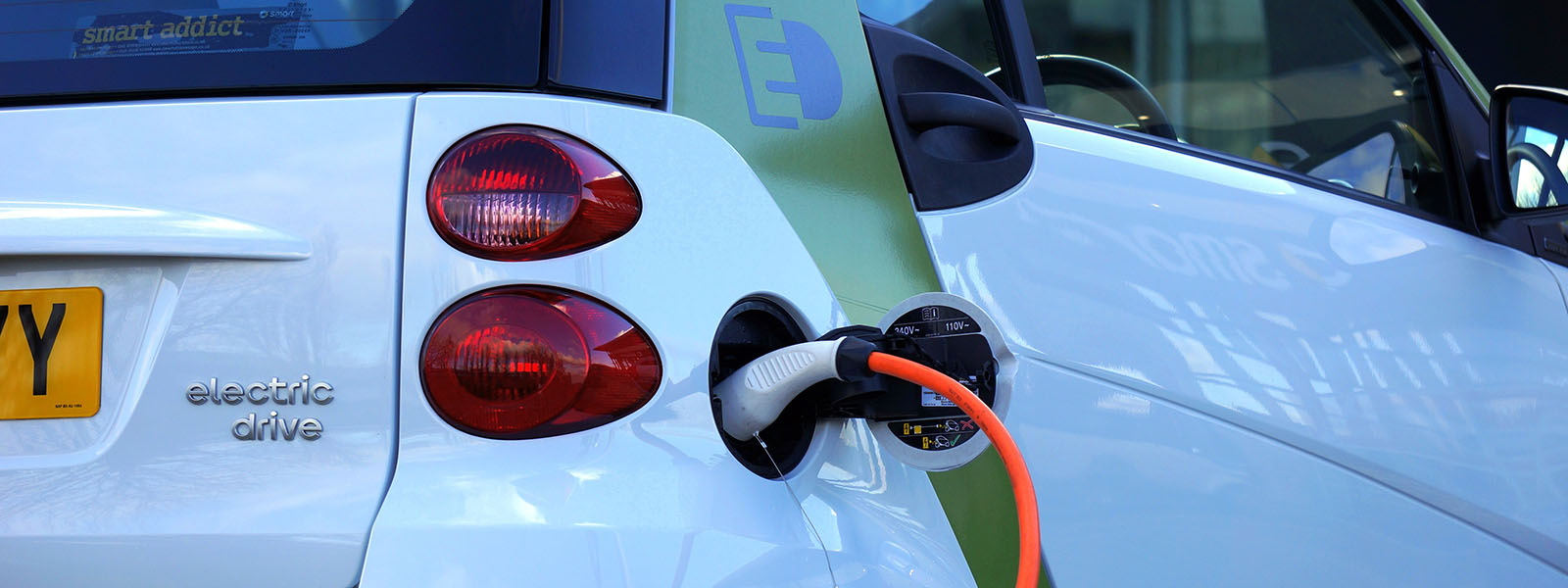Project funder
National Centre for Energy Systems Integration
Project timeframe
June 2020 – April 2021
Overview
The UK and Scottish Governments commitments to the mid-century net zero targets present a significant challenge that requires systemic changes in how we live and do business. The questions/concerns around investment in Electric Vehicles (EVs), EV rollout and the upcoming 2035 UK-wide restriction on sales of new conventional vehicles is a key focus of net zero priorities and futures. In this context, a central and crucial question focuses on how and to what extent the level and timing of investment to support the projected EV rollout not only enables targeted emission reduction, but also affects the pathways and nature of economic expansion and economic wellbeing.
This project uses an economic system modelling approach, soft-linked with an energy system model to invest to investigate questions around who ultimately pays for the costs of upgrading the power network to facilitate an EV rollout consistent with the UK’s 2050 net zero carbon ambitions. We consider how the timing of the EVs rollout and manufacturer ability to keep up with the increasing demand for EVs, may affect the nature and magnitude of the impacts driven by the electrification of transportation. We also consider the critical question of how low income UK households may be affected where their uptake of/access to EVs is likely to be restricted, and how this issue may be assessed in public policy decision making.
